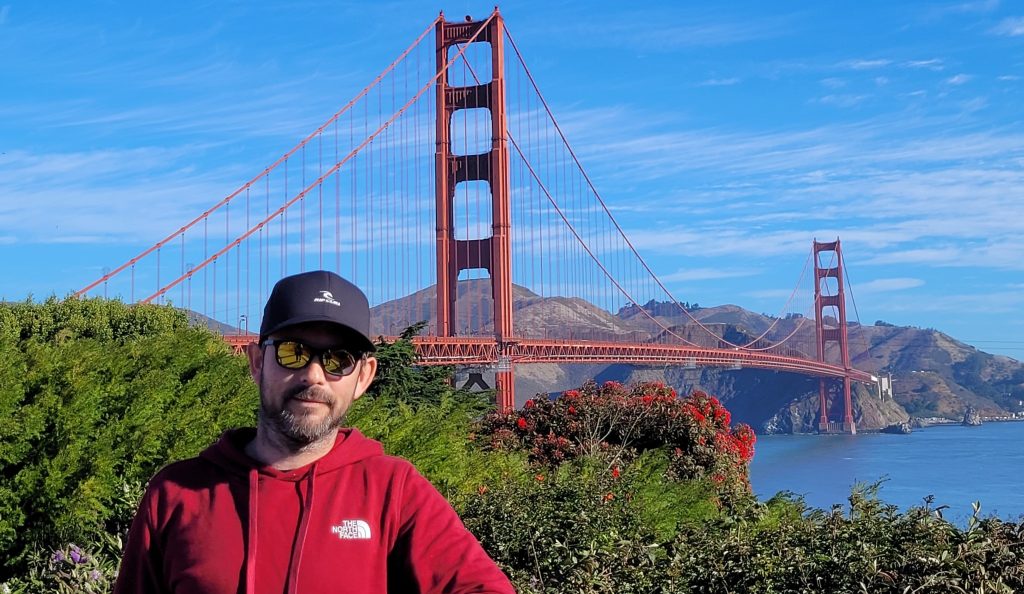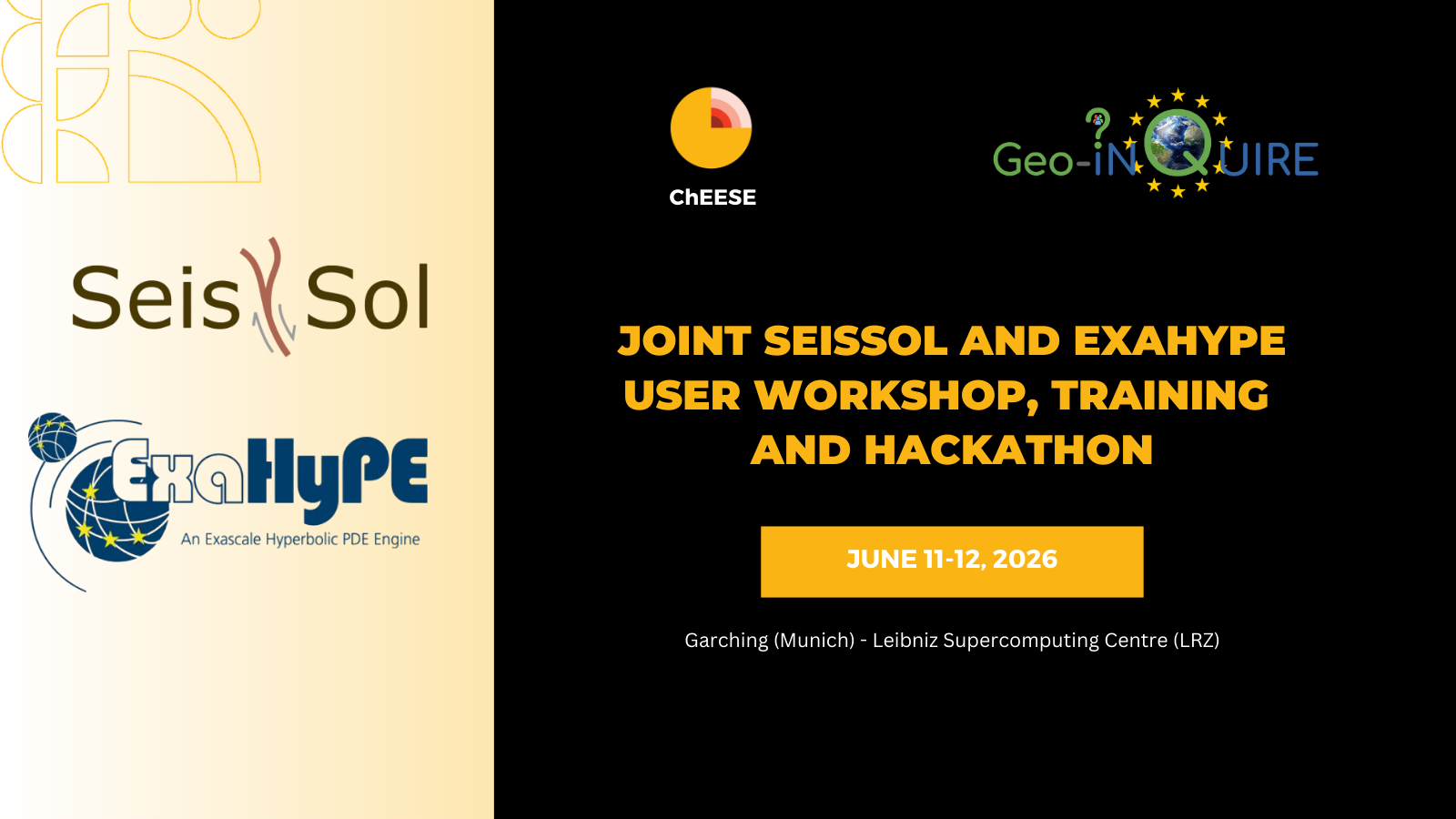Erwan Raffin is a distinguished expert in high-performance computing (HPC) at Eviden and a key contributor in the ChEESE-2P project. As the project leader of the Center for Excellence in Performance Programming (CEPP), Erwan contributes extensive knowledge in performance programming and optimisation, backed by his PhD in computer science and years of experience in embedded systems for image and video processing. His career journey began with innovative strides at CAPS Enterprise, where he developed software for parallelizing and tuning applications for GPU.
In this interview for the Meet the Researcher series, Erwan shares insights into Eviden’s role in the ChEESE project. Learn about his work on optimising code for exascale computing and how he collaborates with diverse partners to improve computational performance, aiming for faster and more precise hazard simulations.
What are the main contributions of Eviden to the project?
Eviden is contributing to the project through its Center of Excellence in Performance Programming (CEPP). The main contributions are:
- Leading the work package called “Co-design with European HPC vendors and technologies,” profiling, analysing, and optimising the mini-apps extracted from the flagship applications to prepare them for the European HPC technology, with a focus on the EUPEX and EUPILOT prototypes.
- Optimising the codes for exascale, with a focus on SPECFEM3D.
Reflecting on the past year, what moment in your work or the project has been particularly significant for you, and why?
The moment in the project that has been particularly significant was the General Assembly in Iceland, where, in addition to meeting all the partners, we had the chance to witness firsthand the impact of natural hazards such as volcanic eruptions, with explanations from local experts. This reinforced the usefulness of our collaboration on ChEESE’s applications performance towards better and faster hazard assessment.
Can you explain how your work plays a role in hazard assessment?
As coordinator of collaborative projects at Eviden’s CEPP, I focus on the collaborative aspects and the links with other projects, as well as our assets in terms of application support expertise. Most importantly, our experts at CEPP play a critical role in applications performance analysis and optimisation, with the goal of enabling faster simulations on current and future HPC systems.
Are there any particularly challenging aspects or obstacles that you’ve encountered in your research in ChEESE, and how have you overcome them?
Regarding my role in ChEESE, the challenge is to balance the different constraints: technical ones such as the availability of prototypes and collaborating with many partners simultaneously, each with their own constraints. The way to overcome these challenges lies in the heart of collaboration: discussing, understanding the different constraints, and finding compromises to reach the objectives we defined together in the project. For example, regarding prototype availability, we use some platforms with characteristics similar to those not yet available.
Can you discuss any recent achievements or milestones that your team has reached within the framework of the project?
We are still at the beginning of our work in the project, but some performance optimisations have already been achieved, mostly by improving the vectorisation of certain mini-apps, which is key to taking full advantage of new hardware capabilities.
How do you foresee the impact of your research on the understanding and management of geological hazards in Europe?
If the simulations run faster, I believe it will help assess hazards more quickly and also open doors to more precise simulations; for example, increasing the resolution or refining the physical models.
As an engineer with a PhD in Computer Science, what inspired you, and what aspects of your research do you find most exciting?
What inspires me is to contribute, in my own small way, to improving the understanding and assessment of natural hazards. My hope is that this work can help stakeholders and decision-makers when it comes to protecting people and critical infrastructure. What I find most exciting is working with experts dedicated to this objective.
If you were not a researcher, what career path might you have pursued?
Difficult question! Something close to my current work might be science popularisation, or perhaps a completely different path involving nature, travel, music, or board sports.
For individuals interested in a career in your field of research, what advice would you offer to guide and inspire them?
My advice would be to focus on what you love to do, even if the path isn’t always easy. It’s worth pursuing your dreams with conviction and a sense of purpose.
Published: 14 November 2024
By Aerton Guimarães
From the ChEESE-2P Dissemination Team



